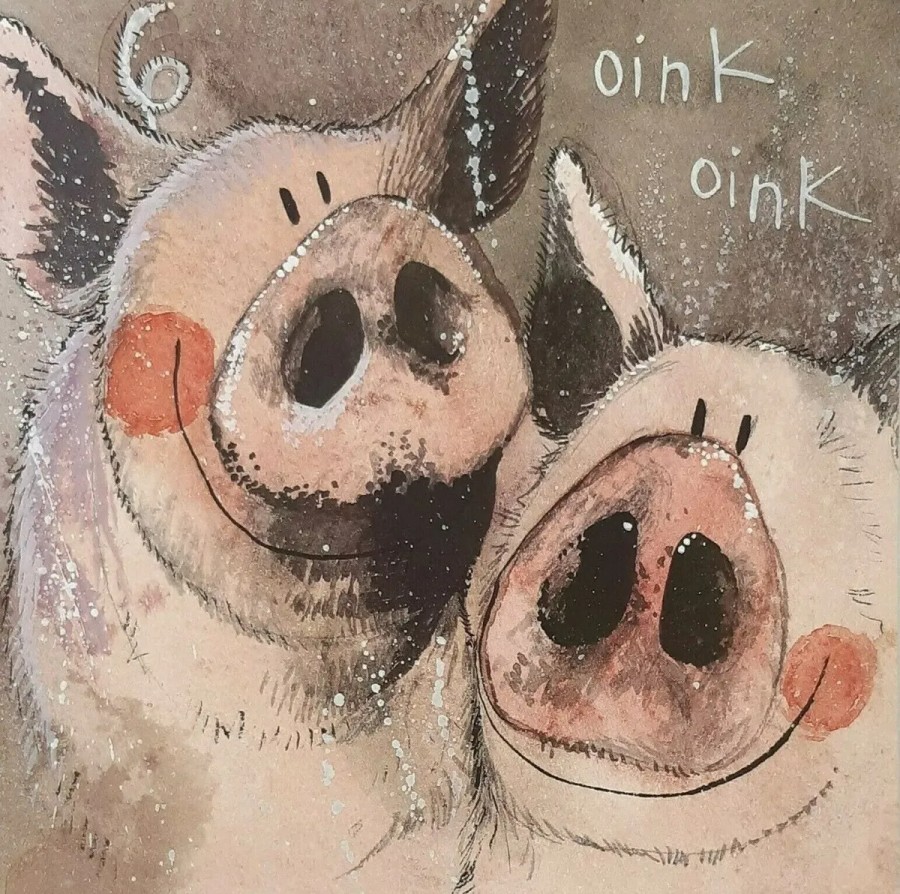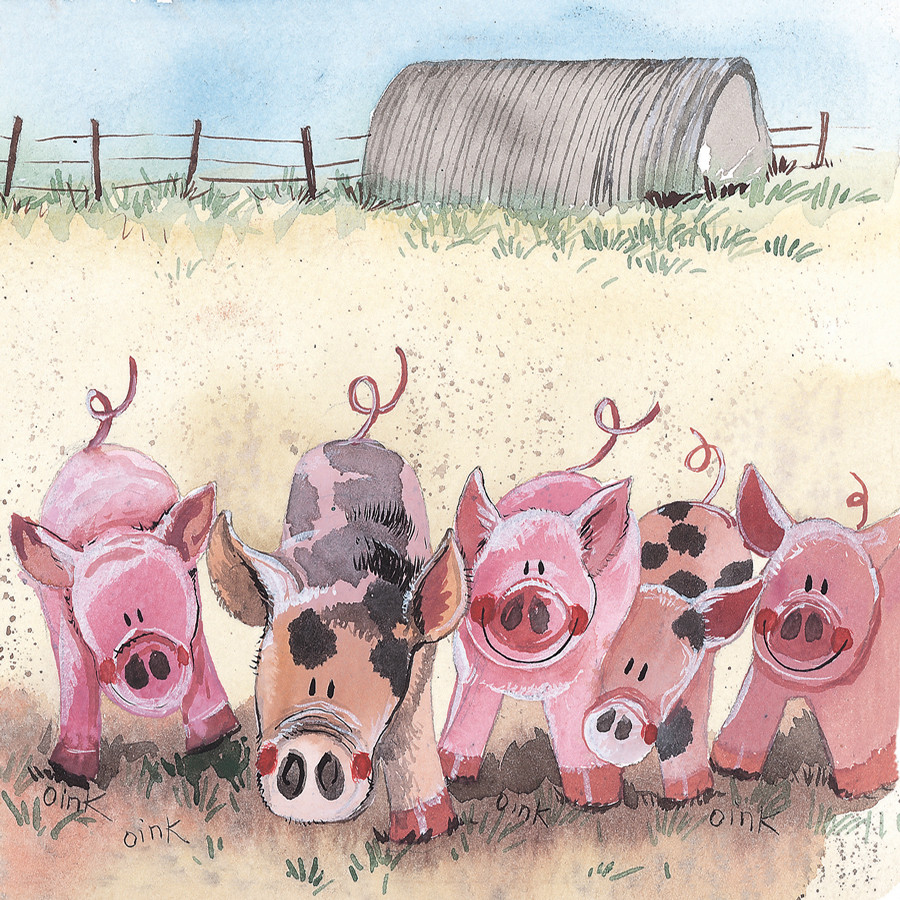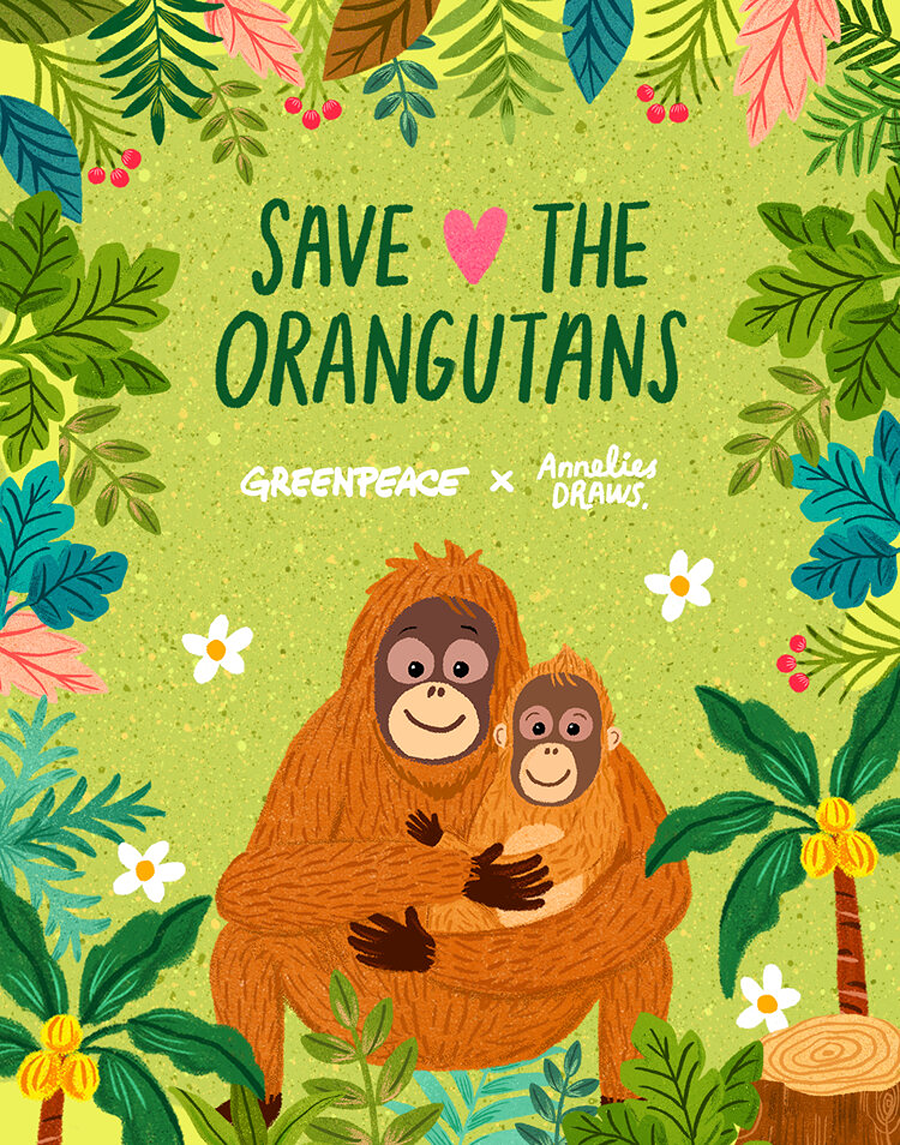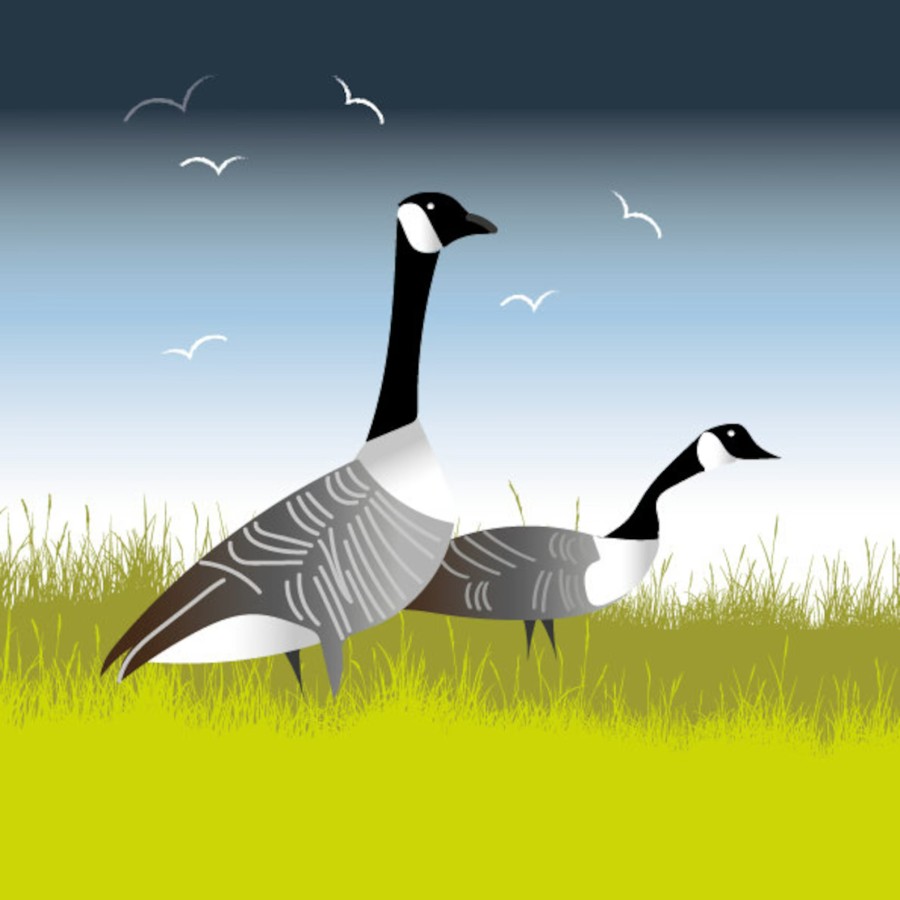
Pigs are extremely intelligent animals (around the same brains as 4-year-old children) and have even been known to escape abbatoirs in bids for freedom. In the wild, pigs live in small groups in forests and wetlands, using their snouts to forage for food (which helps disperse seeds) and can easily outrun natural predators, sometimes living up to 20 years. Boars live in the same way. A new concern is ‘micro pigs’ (no such thing, as they often grow to huge sizes and weights, and end up in rescue sanctuaries, when guardians can’t cope).
Although this site has lots of information on plant-based lifestyles, there’s no point creating a ‘vegan vs meat-eater’ argument, as most people eat meat, and doing this just gets people’s backs up. So here are a few tips and resources on simple swaps we can all make – from eating no or less pig products to better welfare choices and some help for pig farmers. Compassion in World Farming has extensive information on pig welfare.
welfare issues within the pork & industry
The UK slaughters around 10 million pigs annually. Although sow crates are banned (where sows can’t turn around during their 16-week pregnancy), most pigs are still raised on intensive farms with little room to move (to ‘fatten them up’ for more profits) and no bedding.
In nature, wild pigs make comfortable nests for themselves (and sing to their piglets!) and travel up to a mile to visit the toilet. They are clean animals, who wallow in mud to keep cool (they have no sweat glands). Many farmed pigs suffer heat stress during transit, and die before reaching the abbatoir.
Male piglets are often castrated to prevent aggression (which can cause infections) then a few weeks after weaning, sows are artificially inseminated to begin their next pregnancy (this carries on for years, before they are slaughtered ). Be careful with welfare labels. Compassion in World Farming say only trust ‘certified free-range. Red Tractor Assurance Scheme just means the meat is British (it has no higher welfare rules than other meat).
simple swaps to help pig friends!

The best way to help pigs is simply to not eat their meat. Make or buy good vegan sausages, pork, ham and bacon and support vegan fast food joints.
Faux meats look, smell and taste like meat, so keep away from pets. Read more on keeping people & pets safe in the kitchen.
Another way to help is to financially support farm sanctuaries. England has many sanctuaries for rescued pigs where animals can live out their lives in peace:
help for farmers to help their pigs
- Find info on preventive/treating common conditions at Homeopathy at Wellie Level (courses are endorsed by vets).
- Consider getting involved with transfarmation projects. This is where you’re provided with training to transition over to the profitable oat milk market, to save family farms, and let existing animals live out their lives in peace.
- The Farming Community Network is an umbrella of charities that have helplines for struggling farmers. From providing free feed to livestock to offering help with finances and tenancy.






